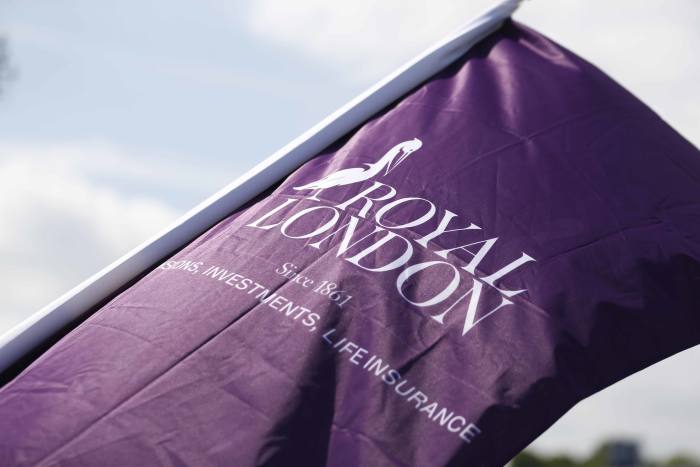
Royal London’s funds have not provided investors with the overall service quality desired, the fund house has said.
In its 21-page value assessment for the year to March 31, the company said eight out of its eleven funds have potential issues, and one fund has been given a “red light” rating.
Overall, Royal London said the review highlighted that the overall quality of investor servicing, specifically the telephone servicing provided, is not as high as the company would like it to be.
This was due to resource issues, it said, both in terms of attracting the right “standard of resource” but also retaining that resource.
“We have now taken the necessary actions to improve the resource situation and can confirm that the servicing issues that have driven the amber rating have now been resolved,” the company said.
The eight funds which were given an amber warning are listed below:
- RL Corporate Bond Monthly Income Trust
- RL European Growth Trust
- RL UK Growth Trust
- RL UK Income with Growth Trust
- RL US Growth Trust
- RL Sustainable Diversified Trust
- RL Sustainable Leaders Trust
- RL Sustainable World Trust
Royal London said the issue with the funds listed above was cost, and a detailed review of the ongoing charges figure (OCF) is being undertaken and will be completed by the end of 2022.
The RL US Growth Trust was given a red rating after returning -4.24 per cent in the year to date, compared with the MSCI USA Index which returned -2.57 per cent in the same period.
In the value assessment, Royal London said a number of actions have taken place, including the addition to Simon Davies as a fund manager in January last year, joining James Clarke who has managed the fund since the beginning of 2019.
The company said as a result of this, performance has ticked up and the fund is now ahead of its benchmark over three years.
No further action will be taken on this fund, however until improvement is seen over a longer period, Royal London said it will keep a red rating.
The company said performance across its range of funds was generally good, with most delivering positive returns overall, and generally doing well compared to their objectives.
“On the whole, those that were equity funds saw positive returns since our last review, as markets were buoyant through most of 2021, while bond funds saw negative returns due to fears of rising inflation and interest rates.”
sally.hickey@ft.com





